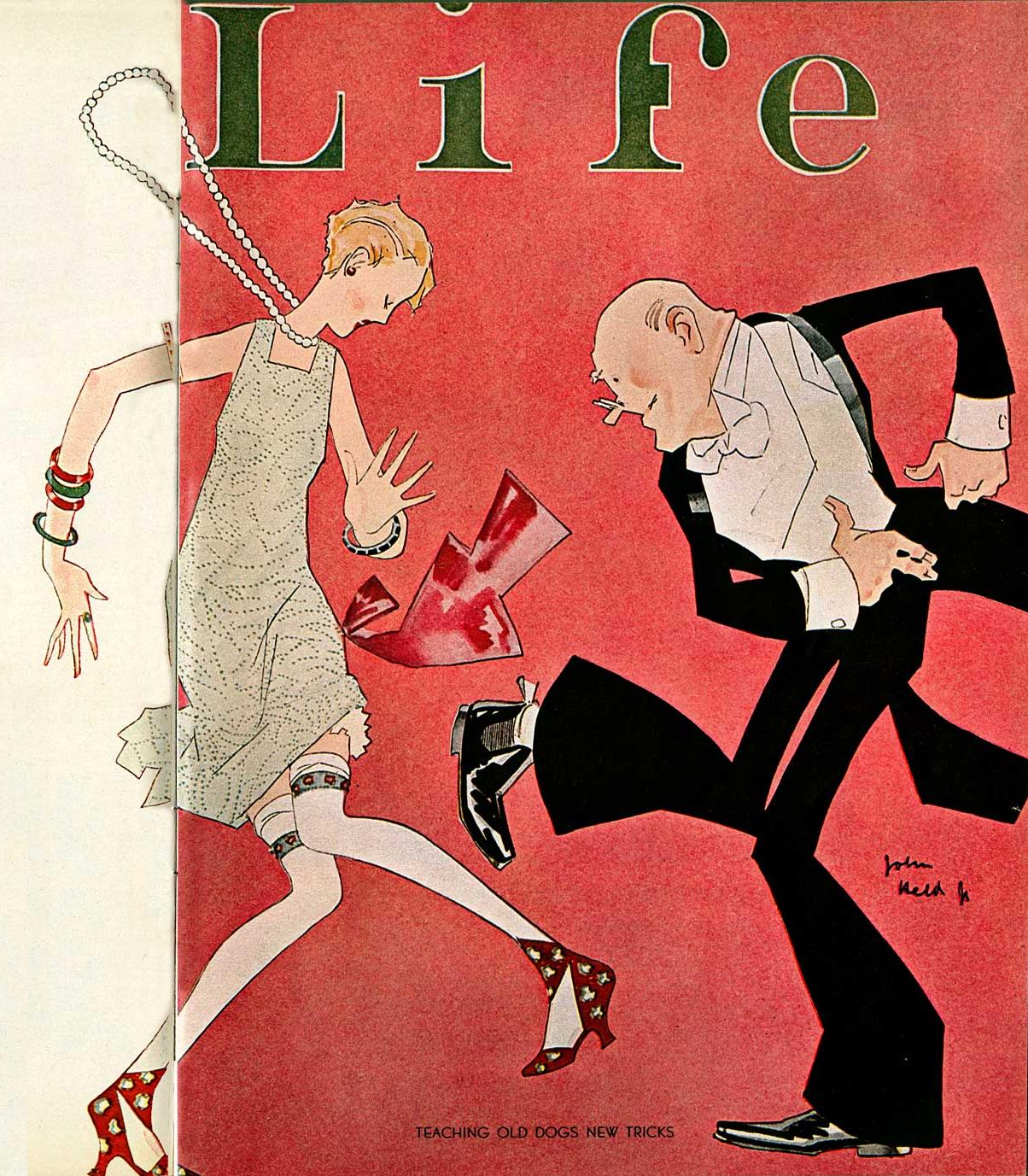If you have walked outside recently you know that it is definitely summer in Mississippi again- and I couldn’t be happier. I love the way the summer smells, I love the long days, and I might be the only one that loves the heat. Spending an entire day outside getting filthy and sweaty is still a real pleasure to me- one I rarely get to enjoy anymore. But there’s also fresh veggies being pushed by a farmer’s market that has made some real strides in making fresh produce more available to people in this city. Fondren had it’s first all day First Thursday last week, which I hope a lot of people went out to support the small but growing group of artists blooming all over the city. If you work in a bookstore or have children of your own you know what the summer is really all about: SUMMER READING!
I loved reading for school and then getting to have a teacher explain the significance of what I just read. Novels became a true love for me with my summer reading books because I learned all books have secrets in them. A single page could contain the right combination of words that unlocks a secret, but this is not just the author’s secret- it is your secret as well. Hidden in that book the author has spoken right to you, to an experience you never knew anyone else felt; but if the author felt it, then it must follow logically that some other reader- somewhere reading those same words as you- knows it too. If we are to join in this community of thinkers and shared experiences we have to start somewhere. A shared library of classics we have all read could be a beautiful way to create a shared experience and understanding.
 If that was the best of times, then what was the worst of times? Dull classics that crushed my imagination and frustrated me. When children are nothing more than hormones and imaginations why would you ask them to read The Scarlet Letter or A Tale of Two Cities? These are dense, complex novels with imagery and alliterations I still cannot completely grasp, but I was forced to memorize the details that would be on the tests. The significance of the French Revolution or Puritan morality both certainly went over my head because they were inappropriate for the age group when we read them. It is a mistake to show children these books as the benchmark that other books are to be measured by. For many students these will be the only books they read that year and if you hated every book you read in a year you would stop reading until you were forced to read again, just like most students.
If that was the best of times, then what was the worst of times? Dull classics that crushed my imagination and frustrated me. When children are nothing more than hormones and imaginations why would you ask them to read The Scarlet Letter or A Tale of Two Cities? These are dense, complex novels with imagery and alliterations I still cannot completely grasp, but I was forced to memorize the details that would be on the tests. The significance of the French Revolution or Puritan morality both certainly went over my head because they were inappropriate for the age group when we read them. It is a mistake to show children these books as the benchmark that other books are to be measured by. For many students these will be the only books they read that year and if you hated every book you read in a year you would stop reading until you were forced to read again, just like most students.
 I am very happy to see more contemporary/popular books on summer reading lists these days. I think the only way to get children to become readers is to show them how much fun it is. Reading can be an amazing escape from the stresses of growing up, it can expand your way of thinking, it can nourish you and connect you and make you feel loved. We have to show young readers where to find the books that will do just that for them. Where can we find a middle ground from these two opposing views I put forth? I think it must be in a diversity of books we have all read and are able to relate to. Asking children to read dusty old classics is sure to bore them away from a love of books- but we can nurture that love with a selection of books that are appropriate in content and relatable to the culture they know.
I am very happy to see more contemporary/popular books on summer reading lists these days. I think the only way to get children to become readers is to show them how much fun it is. Reading can be an amazing escape from the stresses of growing up, it can expand your way of thinking, it can nourish you and connect you and make you feel loved. We have to show young readers where to find the books that will do just that for them. Where can we find a middle ground from these two opposing views I put forth? I think it must be in a diversity of books we have all read and are able to relate to. Asking children to read dusty old classics is sure to bore them away from a love of books- but we can nurture that love with a selection of books that are appropriate in content and relatable to the culture they know.




 There are several talented people, thankfully, who are up for the task of intimate, non-blog journaling. Sarah Manguso’s new book,
There are several talented people, thankfully, who are up for the task of intimate, non-blog journaling. Sarah Manguso’s new book, 




 The final chapter of the Hobbit came out in theaters and I liked this one the best out of the 3 films. I liked it the most because it was most true to the book, but only in the sense that 90% of the film was briefly recounted to Bilbo after the battle by Gandalf. Bilbo was knocked unconscious and slept through the entire battle in the book. The sloppy way they added the elves to the film and a few lazy love interests (no the least of which was Bilbo and Thorin’s bedroom eyes they kept giving each other) made the Tolkien-nerd inside me angry. The last thing I was disappointed about what the lack of Tolkien’s songs that made it to the film. The Dwarves singing in Bilbo’s house are the only songs in the trilogy. I felt like cutting all of the songs from the films was a bad move especially because it made sense with the tone of the films and kids movies should always have songs in them in my opinion.
The final chapter of the Hobbit came out in theaters and I liked this one the best out of the 3 films. I liked it the most because it was most true to the book, but only in the sense that 90% of the film was briefly recounted to Bilbo after the battle by Gandalf. Bilbo was knocked unconscious and slept through the entire battle in the book. The sloppy way they added the elves to the film and a few lazy love interests (no the least of which was Bilbo and Thorin’s bedroom eyes they kept giving each other) made the Tolkien-nerd inside me angry. The last thing I was disappointed about what the lack of Tolkien’s songs that made it to the film. The Dwarves singing in Bilbo’s house are the only songs in the trilogy. I felt like cutting all of the songs from the films was a bad move especially because it made sense with the tone of the films and kids movies should always have songs in them in my opinion.




 Over the years I have had occasions to work with Bill selling his fine books. Twenty-five years ago opening his Encyclopedia of Southern Culture at Hal and Mal’s was a Southern Nostalgic Blast. However, when I did a book signing for Bill’s Mule Book at the Jim Buck Ross Ag Center “Mule Pull” gathering with Bill riding a mule in the center ring, waving to the crowd is my most talked about Ferris memory.
Over the years I have had occasions to work with Bill selling his fine books. Twenty-five years ago opening his Encyclopedia of Southern Culture at Hal and Mal’s was a Southern Nostalgic Blast. However, when I did a book signing for Bill’s Mule Book at the Jim Buck Ross Ag Center “Mule Pull” gathering with Bill riding a mule in the center ring, waving to the crowd is my most talked about Ferris memory.







